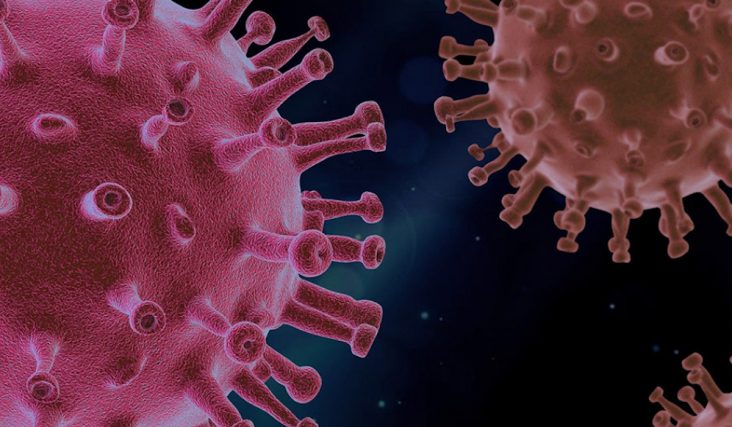ACRI receives $3.3 million to study children’s respiratory diseases
by July 10, 2024 10:04 am 175 views

Arkansas Children’s Research Institute (ACRI) has received $3.3 million from the National Institutes of Health (NIH) to run a five-year study that will clarify which viral and host factors lead to severe disease among children infected with the virus that causes COVID-19.
The research is expected to improve health outcomes of children worldwide.
Josh Kennedy, MD, principal investigator, and Peter Mourani, MD, co-investigator and president of ACRI, will lead this study that will identify common features in children with multiple respiratory viruses, including SARS-CoV-2.
Kennedy, an associate professor of Allergy and Immunology in the University of Arkansas for Medical Sciences (UAMS) College of Medicine, treats patients with asthma and allergies at Arkansas Children’s Hospital (ACH).
“The clinical implications of co-detection of viruses in children are still not fully understood,” Kennedy said. “With new treatments emerging, it can be difficult to know whether a positive test actually identifies a new or old infection. We aim to create a much clearer picture with our study, which we believe will help inform future treatment strategies.”
Through deep sequencing of host and viral RNA obtained from respiratory specimens, the researchers aim to uncover an immunologic fingerprint for SARS-CoV-2 that can be used to identify it as the infecting virus in symptomatic children who have multiple viruses identified by clinical testing at the time of illness.
In the future, this profile could be added to current clinical tests to guide treatment. The study will also identify patient characteristics, viral features and host immune responses that predispose a child to more severe disease.
Even years after the peak of the COVID-19 pandemic, clinicians still struggle to identify the dominant virus causing an immune response in children with respiratory illness when their lab results show multiple viruses. This lengthens recovery times and leads to care patients may not need.
Mourani leads a team that has identified one of the earliest host-microbe classifiers that distinguish lower respiratory tract infections among children in intensive care requiring mechanical ventilator support.
Kennedy will join Mourani and their colleagues from California and Colorado to perform this breakthrough study that will not only enhance the understanding of the viruses and their infection in children but also pave the way for future clinical trials evaluating treatment options based on the immunologic fingerprints identified.
“This NIH support empowers us to delve deeper into the complexities of respiratory viral infection and coinfections that can make children seriously ill,” Mourani said. “Through our discoveries, we can unlock the secrets of the immune response to these viruses and develop targeted interventions to improve outcomes for children worldwide. Because of this work, children will reach their healthier tomorrow faster and with fewer complications as they battle viral respiratory infections.”
